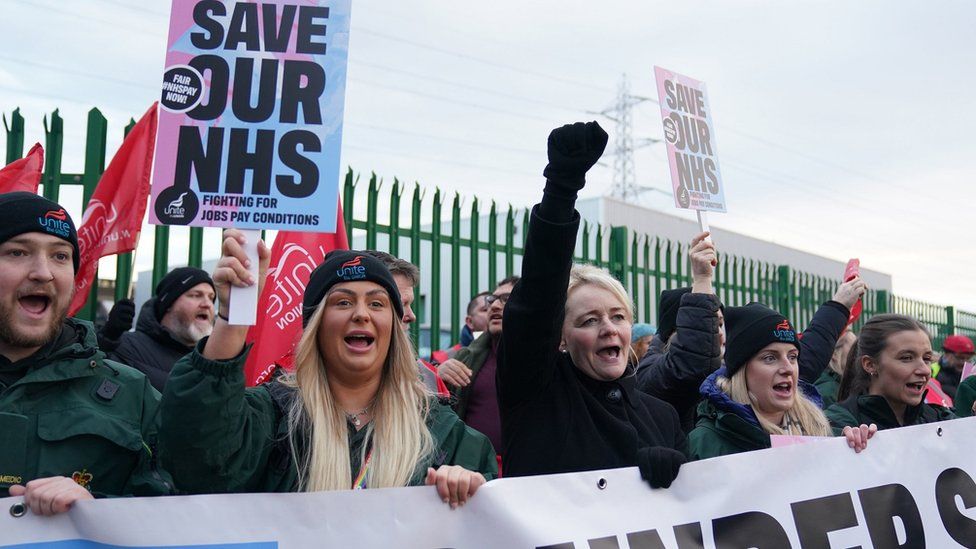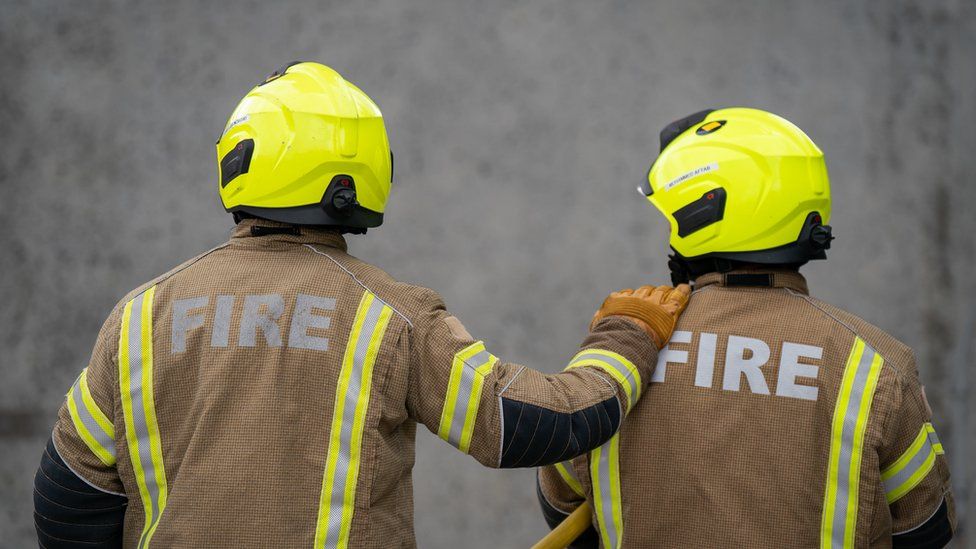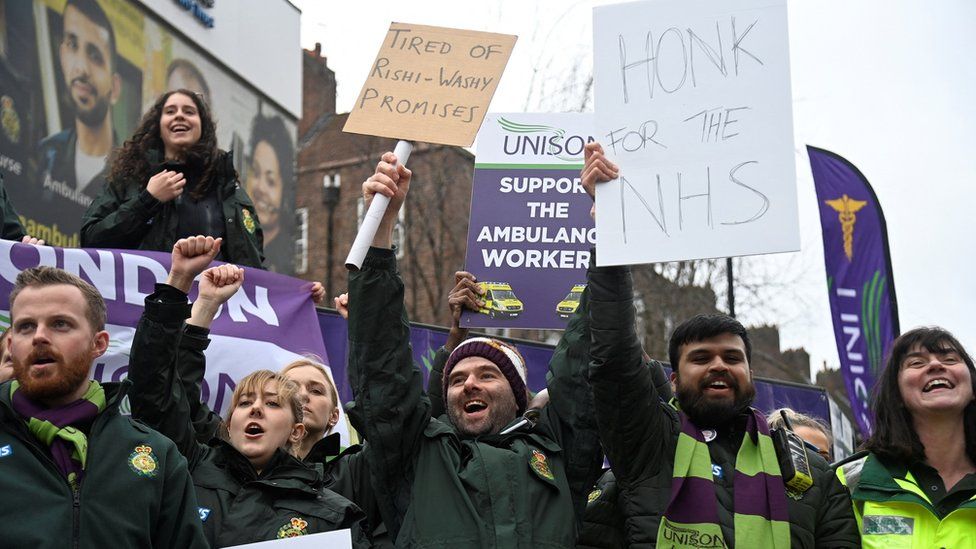
MPs have backed plans aimed at enforcing minimum service levels for some sectors during strikes.
Under the bill, some employees, including in the rail industry and emergency services, would be required to work during industrial action – and could be sacked if they refuse.
The bill passed by 315 votes to 246 but will face further scrutiny in the House of Lords before it becomes law.
Labour said the proposals ripped up protections against unfair dismissal.
The party’s deputy leader Angela Rayner said the bill would give the secretary of state the power to threaten key workers with the sack “on his whim”.
Unions have also criticised the bill as an attack on the right to strike and have threatened legal action if it passes.
But Business Minister Kevin Hollinrake said the the measures were “proportionate and sensible”.
“We need to maintain a reasonable balance between the ability to strike and the ability to keep the lives and livelihoods of the British public safe,” he told MPs.
The country is facing a wave of industrial action, with unions calling for pay increases to keep up with the rising cost of living.
The bill will not impact the current strikes as it still needs to be passed by the Lords, where it is expected to face more opposition.
Under the proposals, which apply to England, Scotland and Wales, ministers would get the power to set minimum service levels for fire, ambulance and rail services.
Other health and transport services, education, border security and nuclear decommissioning are also covered by the bill but the government hopes to reach voluntary agreements for these sectors.
The level of service required for each sector will be decided following a consultation.
Employers will then be able to issue a “work notice” to unions, setting out who is required to work during a strike.
Under the legislation there would be no automatic protection from unfair dismissal for an employee who is told to work through a notice but chooses to strike.
If a strike is not conducted in accordance with the new rules, employers would be also be able to sue unions for losses.
‘Sweeping powers’
Labour had sought to amend the bill to preserve existing protections for striking workers from unfair dismissal but this was defeated.
Ms Rayner accused the government of rushing the bill through Parliament, meaning it could not be properly scrutinised by MPs.
“Riddled with holes, this bill gives sweeping powers to a power-hungry secretary of state,” she told the Commons.
Conservative MP Jacob Rees-Mogg also raised concerns about the bill, saying it was “badly written” and vague.
The former business minister said he supported the aims of the legislation and would not vote against it but hoped it would be amended in the House of Lords.
He criticised a so-called “Henry VIII clause” in the bill, which would allow ministers to amend the legislation after it has become law without full parliamentary scrutiny.
“On what basis can any government claim to have the power to amend legislation that has not yet been passed? The only argument for doing it, which no government would wish to advance, could be incompetence,” he said.
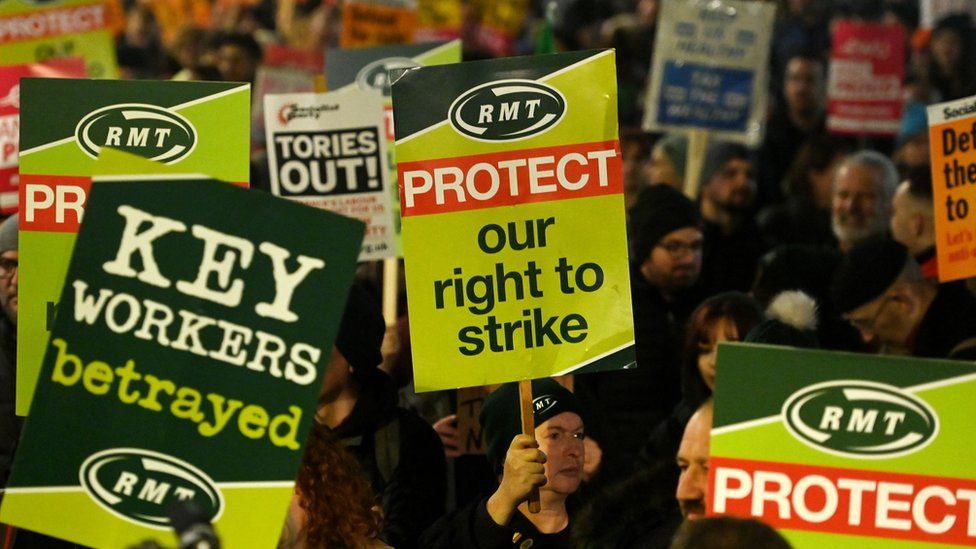
On Wednesday hundreds of thousands of workers, including teachers, train and bus drivers, civil servants and university staff will walk out in separate disputes over pay, jobs and conditions.
It is set to be the biggest day of strikes since 2011 when a national day of action was held by public sector unions over pensions.
On the same day, protests are being planned across the country against the minimum service legislation, dubbed an “anti-strike bill” by unions.
Next week, nurses and ambulance workers are among those due to strike.
Meanwhile, firefighters and control room staff who are members of the Fire Brigades Union have also voted to strike over pay.
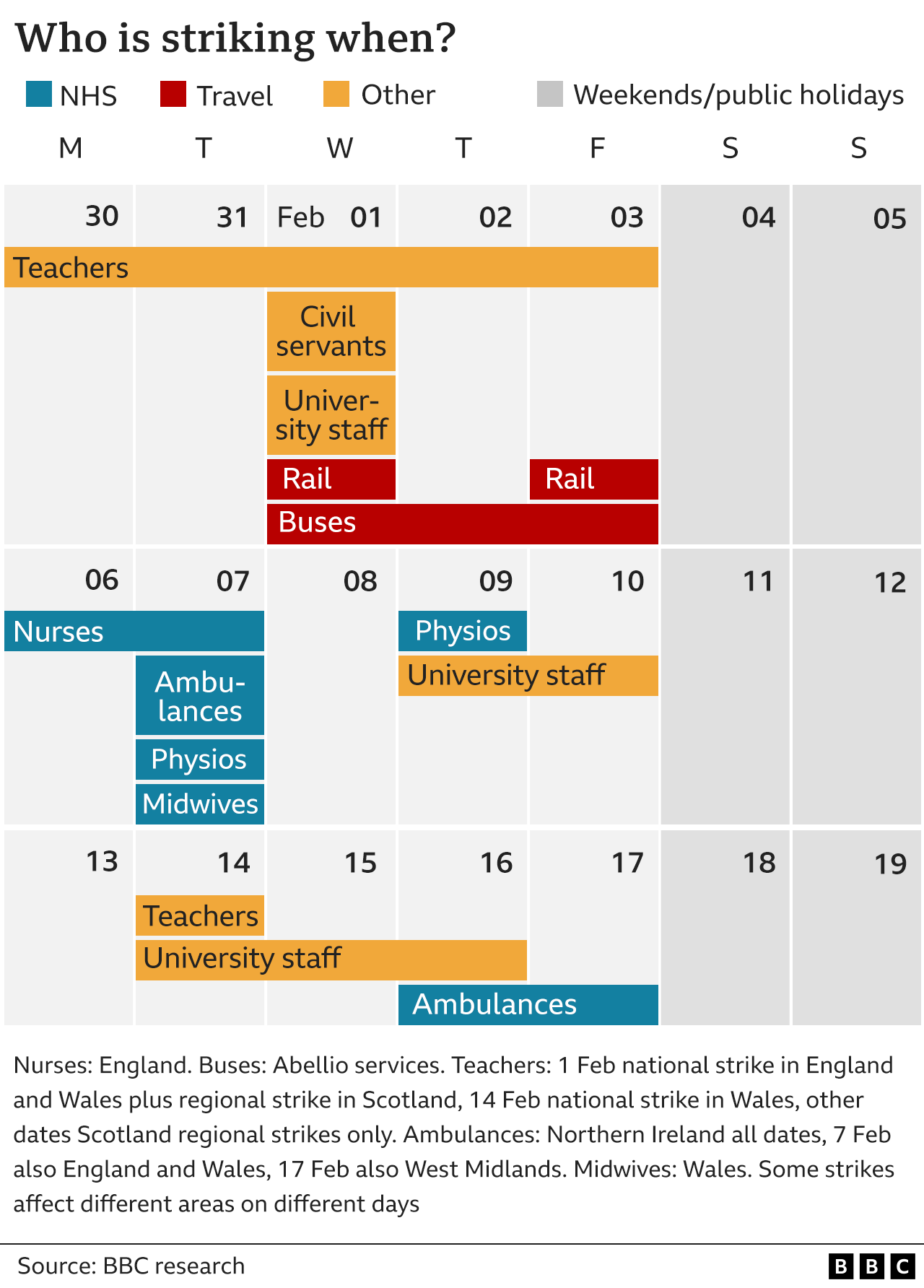
-
-
16 hours ago

-
-
-
15 hours ago
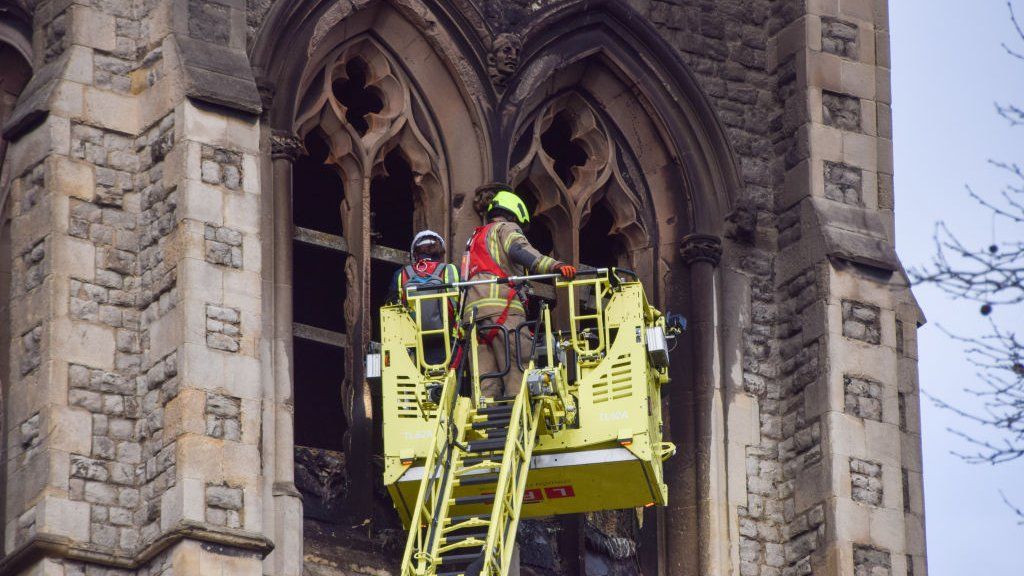
-
-
-
10 January

-

